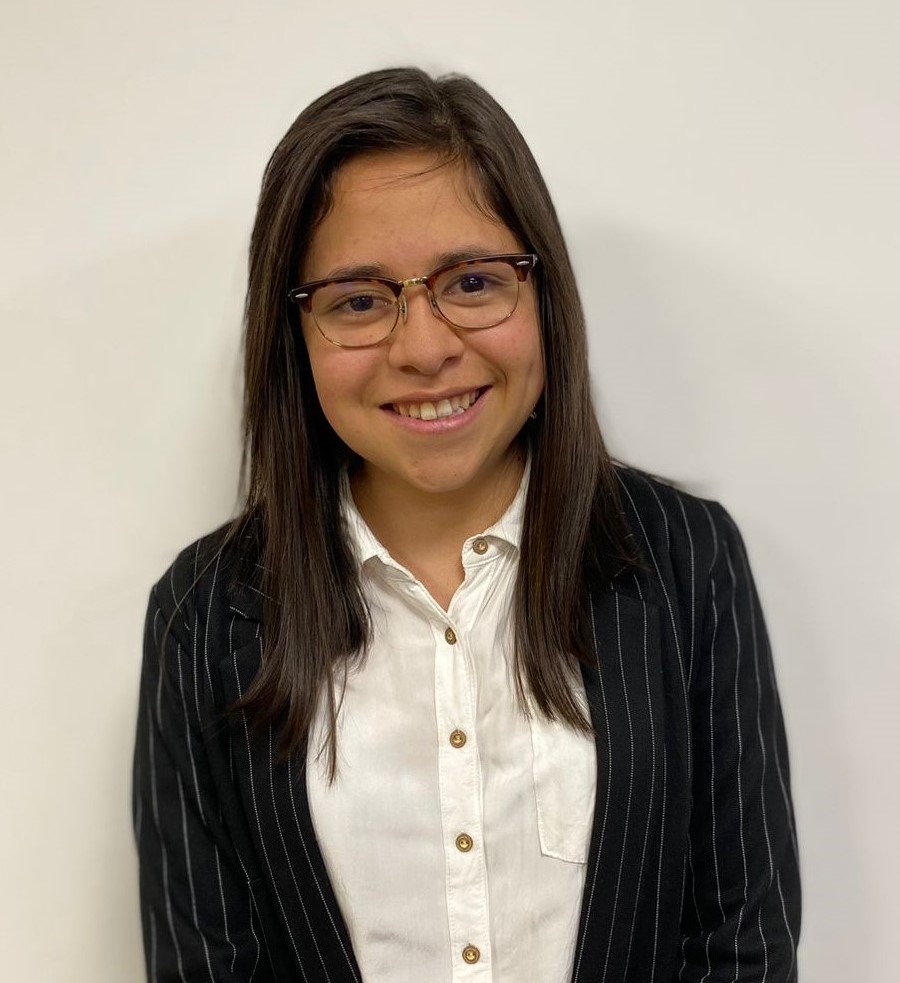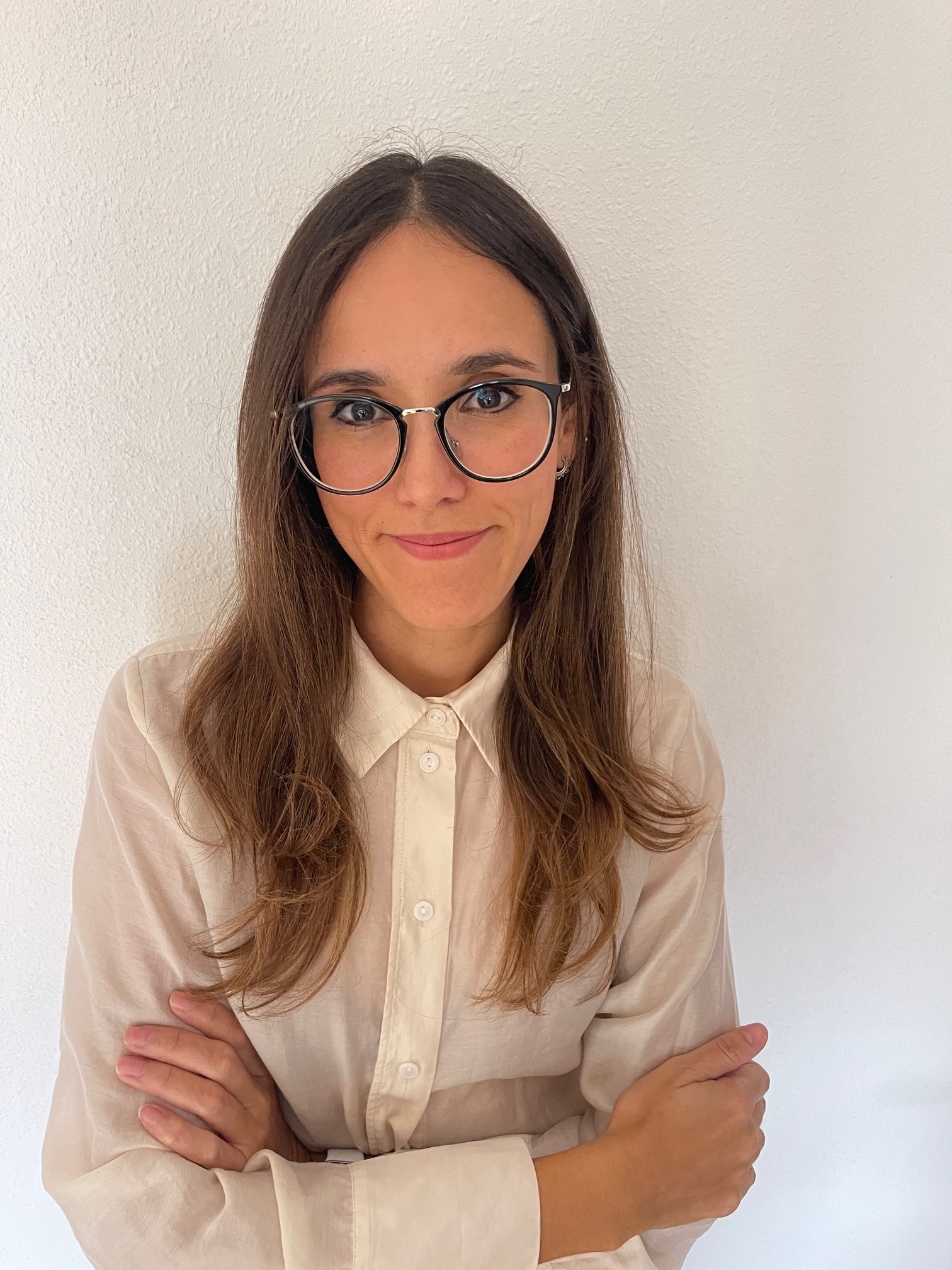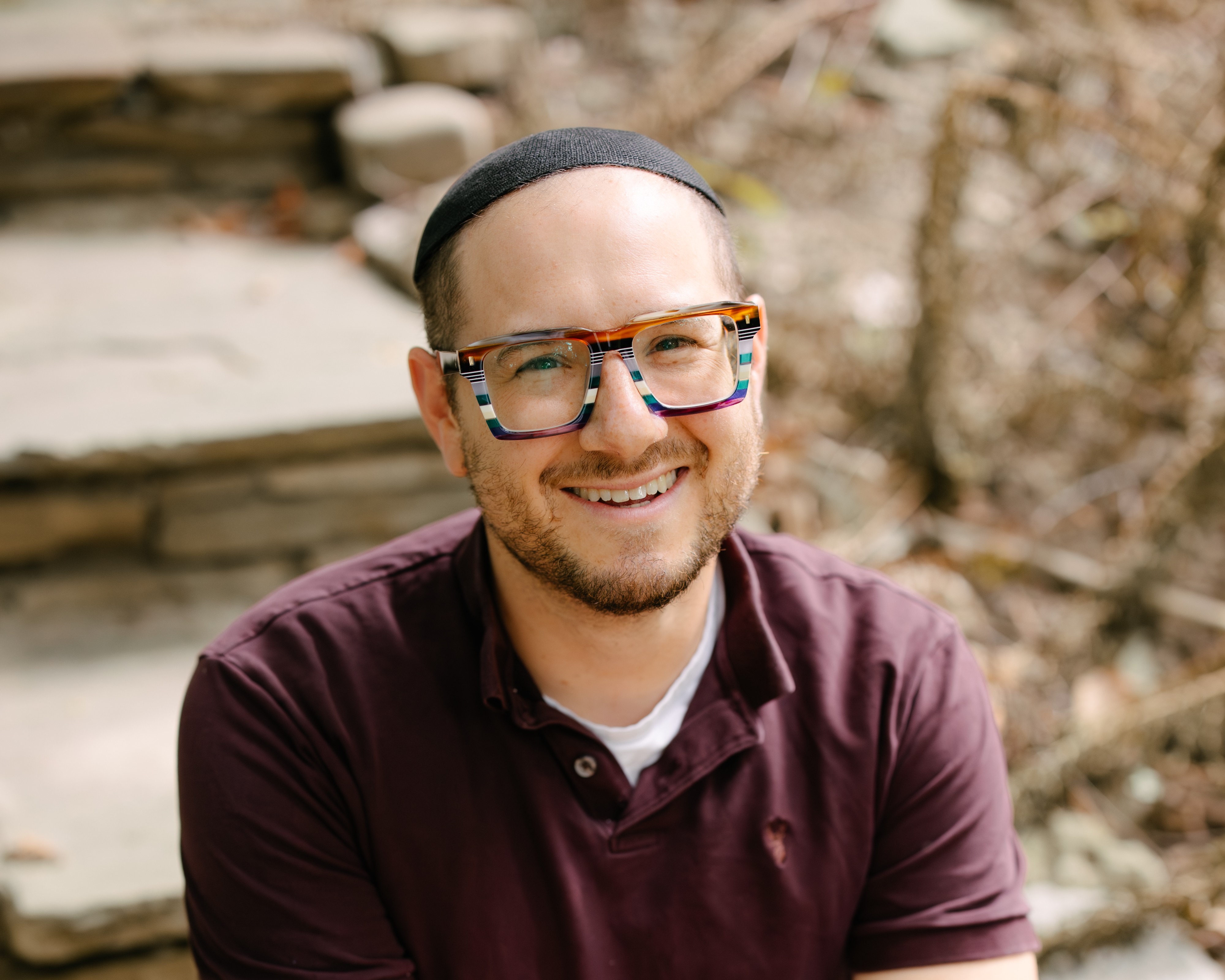Robert (Bob) J. Kohlenberg Research Fund
Robert (Bob) J. Kohlenberg Research Fund.jpg)
“My mission is to engage as fully and deeply as I can with the world—including interpersonal, cultural and physical realms. This includes: 1) striving to love ever more deeply and increasing the scope and intensity of my attachment to, caring for and benefiting others; 2) increasing my concern and involvement with solving sociopolitical problems; 3) passionately playing with ideas that foster creativity and intellectually challenging myself and stimulating others to do the same: and 4) learning about, deepening my understanding, and having hands-on involvement and connection to the physical and technological features of the world in which I live.” Robert J. Kohlenberg (1937-2021)
Dr. Kohlenberg was a dedicated member of ACBS from its inception. He co-conceptualized Functional Analytic Psychotherapy (FAP) in the 1980s, a “contextual, behavioral, relational approach to psychotherapy in which therapists focus on what happens in session between the client and therapist to shape the interpersonal behaviors, emotional awareness, and self-expression necessary for clients to create and maintain close relationships and to live meaningful liveslives” (Kohlenberg & Tsai, 1991; Tsai et al., 2009; Tsai, Callaghan & Kohlenberg, 2013).” This endowed fund honors the legacy of Dr. Kohlenberg’s pioneering work by continuing this spirit of inquiry.
The Robert J. Kohlenberg Research Award will support graduate student, early, or experienced career research focused on advancing knowledge and expertise in Functional Analytic Psychotherapy or its dissemination to the general public via the Awareness, Courage & Love Global Project.
Two awards are available annually to qualifying applications. Priority for one award each year is given to high quality student and early career research applications.
(For the Kohlenberg Award, the ACBS Foundation defines “graduate student and early career” for the purpose of this grant as a post-baccalaureate student seeking a degree in a field relevant to the purposes of the association, or an early career researcher as a person who completed their terminal degree within the past 7 years (or 10 years if you took time off for personal reasons such as family). An early career researcher includes individuals in current postdoctoral and faculty positions, as well as those in other employment positions.)
To learn more about Bob Kohlenberg’s life and legacy, please read the beautiful obituary published on Recompose.
To contribute to the Robert J. Kohlenberg Fund, click the donate button below:
2023 Robert J. Kohlenberg Research Award Grant
2023 Robert J. Kohlenberg Research Award Grant2023 ACBS Foundation Robert J. Kohlenberg Research Award Grant Recipient: Sara Robayo

Sara Robayo, MS in Clinical Psychology at the Pontificia Universidad Javeriana, Bogota, Colombia, and research team Yors Garcia (Pontificia Universidad Javeriana), Amanda Muñoz-Martinez (Universidad de los Andes), and Matthew Skinta (Roosevelt University) are proud to be the recipients of the 2023 ACBS Robert J. Kohlenberg Research Grant to complete a research project on evaluating the Effect of Functional Analytic Psychotherapy in Intimacy and Minority Stress in Trans and Gender non-conforming people.
The main goal of this research project is using functional analytic psychotherapy (FAP) to improve intimacy repertories and stress minority levels in trans and gender non-conforming (TGNC) people living in Colombia (South America). In this country TGNC individuals are at greater risk of severe mental issues compared to cisgender counterpart, not to mention the limited access they have to evidence-based interventions that may help them with their specific needs. One of the most common difficulties reported by these individuals and observed in psychotherapeutic sessions is the lack of intimacy repertoires. These repertoires are important to develop close and significant relationships with significant ones. In addition, TGNC people have difficulties coping with minority stress, which consist of high levels of stress faced by members of stigmatized minority groups. Therefore, this research grant will be used to evaluate the impact of FAP in developing intimacy repertoires in TGNC people as well as teaching them alternative repertoires to effectively face minority stressors. We hope this study opens a new line of research and moves forward the legacy left by Robert Kohlenberg.
Final Report:
Outputs and Deliverables:
Based on the results of this research project, two articles were written.
The first article examines the therapeutic interaction and participants’ intimacy in-session behaviors and the pre-, post-, and follow-up measures of intimacy repertoires out-of-session, minority stress levels and interpersonal difficulties reported by these TGNC participants. This article is currently under development.
The second article entitled “Using Functional Analytic Psychotherapy to Address Interpersonal Difficulties with a Neurodiverse, Non-Binary Client” examined the implementation of Functional Analytic Psychotherapy, to address relational difficulties in a 33-year-old, non-binary autistic individual with interpersonal difficulties.
This paper was submitted to Clinical Case Studies (CCS) https://journals.sagepub.com/home/ccs on July 26, 2025 (Appendix B)
OSF. https://osf.io/7twrm/?view_only=a93917905cbf4f5696fb5de761ca9efa
Impact and benefits to the researchers, CBS, and society at large:
This project provides empirical evidence of the utility of FAP in addressing intimacy and minority stress in TGNC individuals, —population that face ongoing prejudice across multiple contexts and have limited access to empirically supported, affirmative psychological interventions tailored to their specific needs.
The first article illustrates the importance of integrating FAP principles with a culturally humble and affirmative framework to foster TGNC clients’ in- and out-of-session intimacy-seeking behaviors, while addressing behaviors that block interpersonal intimacy. Findings regarding therapeutic interaction and out-of-session intimacy repertoires shed light regarding FAP’ change mechanisms in minoritized populations, as well as idiographic aspects -such as intersecting identities- that may influence the generalization of their therapeutic gains.
The second study highlights FAP’s potential as an affirming and effective intervention for individuals navigating intersectional identities, particularly neuro- and gender diverse clients by providing a supportive space to tackle relational challenges and compounded social stressors. These findings emphasize the flexibility of FAP's principles in adjusting the therapeutic objectives by considering the client’s developmental and relational history. This article also offers recommendations for clinical practice aimed at promoting contextual interpretation of interfering behaviors exhibited by individuals from minoritized populations in the development of a therapeutic relationship— behaviors shaped by ongoing interaction with a context that continuously discriminates against them. Likewise, it encourages clinicians to make use of therapeutic rules to examine their own biases and how these may impact their work with these marginalized populations.
Both studies underscore the importance of using therapeutic interventions such as FAP in addressing TGNC clients’ interpersonal difficulties and fostering alternative interpersonal behaviors that enhance their ability to build high-quality relationships -a protective factor for their physical and mental health. Both studies also pose future research directions in addressing aspects that may influence generalization of their therapeutic gains such as clients’ intersecting identities.
Click here to read more about the ACBS Foundation's Robert J. Kohlenberg Research Fund.
2024 Robert J. Kohlenberg Research Award Grant
2024 Robert J. Kohlenberg Research Award Grant2024 Grant Recipient:

Serena Wong, PhD, Adjunct Faculty, Departments of Psychology and Psychiatry, University of Western Ontario (Canada) and her co-investigators; Frankie Lui, Lisa Van Bussel and Lynette Markoff, are proud to be the recipients of the 2024 ACBS Robert J. Kohlenberg Research Grant to complete a research project on Targeting Loneliness: A Novel Application of Awareness, Courage, and Love Groups for Geriatric Psychiatry Patients.
Loneliness is a key predictor of death, dementia, physical decline, and poorer mental health in older adults. Geriatric psychiatry patients are at greater risk for the experience of loneliness. Reviews of loneliness interventions say that solutions need to have a clear theoretical basis and more randomized trials are required. Furthermore, researchers have stressed the importance of “a rich and forgiving social environment” for lonely individuals to address unhelpful social cognitions. Interventions rooted in behavior change theory also seem most promising.
Developed by Dr. Mavis Tsai, Awareness, Courage, and Love Groups (ACL) represent a powerful, evidence-based approach to alleviate loneliness and enhance social connection. ACL sprung from functional analytic psychotherapy, which is a transdiagnostic approach grounded in functional contextualism and radical behaviorism, wherein the mechanism of change is therapeutic social reinforcement. Put simply, these groups are geared to alleviate suffering in a growing population of older adults with mental health diagnoses.
We recently adapted ACL groups for geriatric psychiatry patients, with positive results based on informal patient feedback and staff observations. Our adaptations include the use of visual cues, aging-related themes, listening prompts, shorter meditations, and a simplified discussion process. Our interdisciplinary team comprises psychology, social work, nursing, and psychiatry. Our goals are to examine feasibility, acceptability, and efficacy in both outpatient and inpatient arms of this study, using randomized waitlist and active control group methodologies. In other words, we want to see if ACL “works” for a new geriatric population. In addition to tracking patient retention, which has so far been at 100%, we are collecting session feedback and assessing program satisfaction both qualitatively and quantitatively. Outcomes include life satisfaction, loneliness, social closeness, relational health, and the experience of sacred moments in group. If these groups work, we can support dissemination and cultivate communities of connection worldwide for lonely seniors.
2025 Robert J. Kohlenberg Research Award Grant
2025 Robert J. Kohlenberg Research Award Grant2025 Grant Recipients:

Gladis-Lee Pereira, Ph.D., Associate Professor at Universidad Europea de Madrid and her co-investigators; Tien Kuei (Power to Live Foundation) and Natalia Andrés-López (Universidad Autónoma de Madrid) are proud to be the recipients of the 2025 ACBS Robert J. Kohlenberg Research Grant to complete a research project: Mapping In-Session Change in Functional Analytic Psychotherapy from An Idiographic Molar Approach.
Functional Analytic Psychotherapy (FAP) is a therapeutic approach that emphasizes in-session interactions as the key factor driving meaningful change in clients' lives. It is a type of therapy that focuses on explaining why people change rather than merely analyzing if they change. In this sense, research that connects specific in-session interactions with clinical improvement, while preserving the unique role of each therapeutic dyad, is one of FAP’s most important tasks and, perhaps, one of its greatest methodological challenges.
Therefore, this study aims to expand our understanding of the specific behaviors exhibited by psychotherapists that are associated with clinical change, seeking to use a methodology that better fits the nature of psychotherapy. We believe that by focusing on the therapeutic interaction during clinical sessions, while capturing the uniqueness of each case, this project will contribute to improving therapeutic effectiveness and refining training methodologies for clinicians practicing FAP. This, in turn, has the potential to inform future research and applications within Contextual Behavioral Science and ultimately alleviate human suffering.

Rabbi Aaron D. Cherniak (Hebrew University of Jerusalem) and his co-investigator; Dr. Max Wolff (Central Institute of Mental Health, Mannheim) are proud to be the recipients of the 2025 ACBS Robert J. Kohlenberg Research Grant to complete a research project: Psychedelic Psychotherapy Through a Functional Analytic Lens: Relationship as a Meta-Mechanism of Change.
Psychedelic-assisted psychotherapy has shown potential to treat depression, trauma, and other mental health difficulties. Yet, we still know relatively little about how these therapies work. Recent research has identified several general mechanisms of psychedelic-related change that may drive improvement in psychotherapy broadly. However, these processes may depend on relational factors and how individuals navigate psychedelics’ effects.
Functional Analytic Psychotherapy (FAP) emphasizes the therapeutic relationship as the most powerful engine of change. FAP views the therapeutic bond not only as a source of support, but also as the context in which new patterns of relating can be learned and reinforced. This project applies a FAP-informed lens to psychedelic psychotherapy by exploring whether relational processes can organize and amplify other change processes identified by decades of integrative psychotherapy theory and research support, and in this context, more adaptive modes of experiencing psychedelics’ effects (acceptance-related vs. avoidance-related strategies).
To answer this, we will analyze data from a large international study that validated a novel measure of Grawe’s transtheoretical therapeutic change mechanisms, the first to assess clinically relevant relational behaviors and experiences during dosing sessions. We will explore mechanisms of therapeutic change at play in psychedelic experiences and their associations with a range of psychological flexibility, quality of therapeutic relationship, of individuals’ test whether the relationship mediates or moderates the link between life circumstances, change mechanisms, and a range of outcomes, such as aspects of mental health and well-being. This will clarify whether the therapeutic relationship functions as a superordinate factor that facilitates other mechanisms.
By illuminating how relational processes shape therapeutic effects, the project can help refine psychedelic therapy training, improve therapist guidance, and contribute to advancing knowledge in FAP. Ultimately, the findings may support the development of more effective and relationally attuned psychedelic therapies, reducing suffering and enhancing well-being across diverse populations.